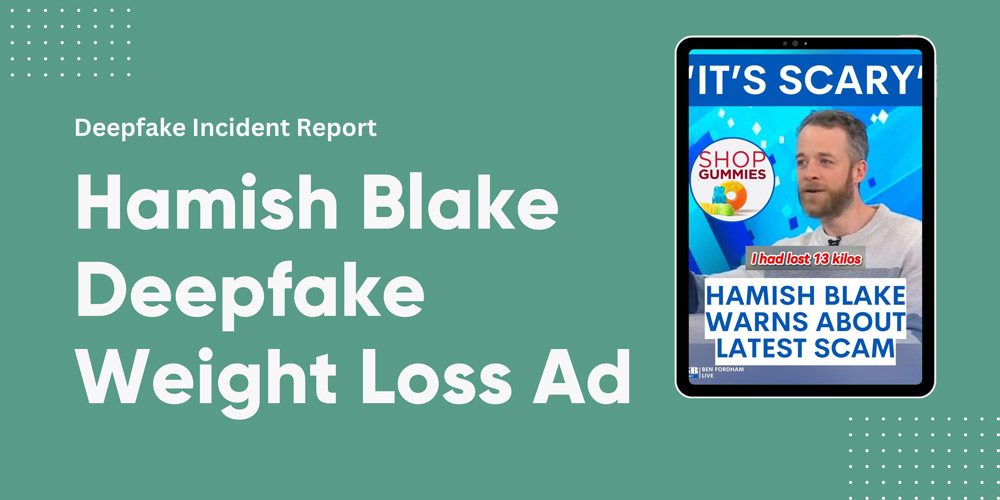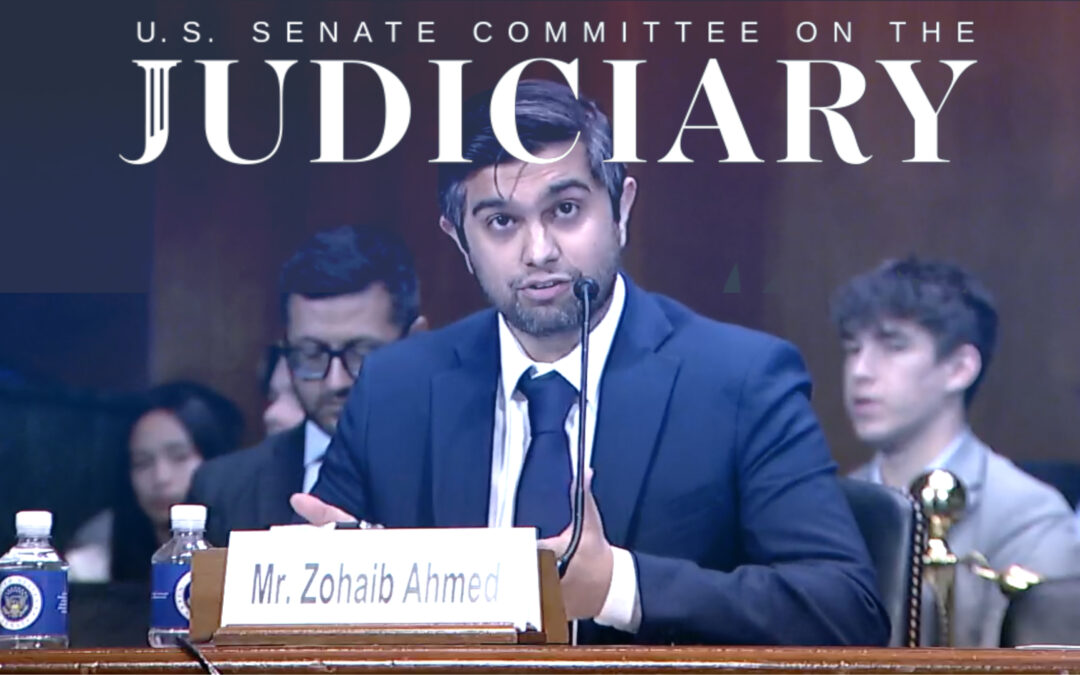The Ethical Quagmire: Hamish Blake Deepfake and AI Ethics
Digital content is ever-changing, and with it comes a plethora of challenges. One challenge, rapidly gaining notoriety, is the proliferation of deepfake technology. Deepfakes are essentially AI-generated imitations of audio and video content so precise that they often pass for genuine content. This poses significant risks to various sectors including politics, entertainment, and particularly in digital marketing where the integrity of voice and image are capital.
The recent deepfake incident involving Australian comedian Hamish Blake highlights the urgent need for advanced AI fraud detection mechanisms. This eye-opening episode has rekindled the debates on AI safety, data privacy, and the ethics of AI.
The Hamish Blake Deepfake Incident
Hamish Blake, a household name in Australia’s entertainment industry, recently found himself ensnared in a deepfake advertisement. An eerily accurate AI voice cloning of Blake masqueraded as the comedian circulating on social media platforms. This AI-generated voice clip was used to fabricate a message that many initially believed was genuinely from the comedian. Not only was the voice incredibly realistic, but the deepfake also accurately captured Blake’s unique style of speech, intonations, and even his natural pauses, making the deception highly effective. The advertisement was a deepfake promotion of a gummy weight loss drug. The AI-generated voice was so convincing that it deceived many into believing its authenticity. Blake himself admitted the shocking accuracy, prompting a fresh wave of concern around AI misuse and its implications on AI ethics. The impact reverberated across social media platforms, igniting public conversations about AI security and responsible AI.
Facebook post by Australian personality and reporter, Ben Fordham.
AI Fraud Detection and Prevention
In the wake of incidents like these, companies, with vast content libraries and voice data, must escalate their investment in AI fraud prevention mechanisms. AI fraud detection tools that can swiftly discern synthetic voices from genuine ones are no longer a nice-to-have but an imperative. This is where companies can harness the power of an advanced AI security stack, capable of real-time deepfake detection and IP protection.
Data Privacy and Copyright Infringement
When it comes to AI safety and AI fraud prevention, Resemble AI stands at the forefront with cutting-edge solutions such as Resemble Detect and PerTh Neural Speech AI Watermarker. These tools arm enterprises with granular control, ensuring data privacy and guarding against copyright infringement.
Owning an IP catalog that hosts massive amounts of audio content comes with great responsibility. Data privacy and AI ethics are closely knit, and in the arena of voice and text to speech, copyright infringement becomes an immediate concern. Given the surging incidents of AI misuse, such as the Hamish Blake case, safeguarding your audio data has never been more paramount.
Ethical and Responsible AI Use In Marketing
AI in marketing has revolutionized how brands interact with audiences. From AI marketing campaigns that leverage predictive analytics to content personalization, the role of AI in marketing is invaluable. But the benefits of AI in marketing come with the flip side of ethical responsibility.
Responsible AI use, especially in digital marketing, means ensuring that the AI tools for marketing that you deploy are sourced from ethical vendors who prioritize AI safety and security. It also means understanding the role of AI in advertising and ensuring that the voice or AI character you use doesn’t violate data privacy norms or indulge in copyright infringement.
Future of AI in Marketing and Advertising
Deepfake technology can be a double-edged sword. On one end, AI voice cloning can significantly enhance user engagement and personalized customer experiences. On the other, the risk of AI misuse looms large, necessitating robust AI fraud detection strategies.
As brands increasingly use AI for marketing, transparency and ethical AI usage should anchor every AI marketing platform and campaign. Free AI tools for marketing are tempting, but the stakes are high. Make sure to invest in platforms that offer the best in AI security and ethics.
Navigating the Crossroads of AI Innovation and Ethical Responsibility
The Hamish Blake deepfake incident has unmasked the urgent need for comprehensive AI safety measures, especially for businesses that deal with voice data. From voicemod and live voice changer applications to more complex systems like an AI voice generator, the role of technology in our lives is undeniable but must be approached with caution and ethical responsibility.
Today, as we navigate the intersecting lanes of AI voices, deepfake detection, and AI in advertising examples, it’s crucial to remain vigilant and committed to responsible AI practices. Balancing the benefits of AI in marketing with the ethical considerations it demands will be the cornerstone for a safer, more reliable digital future.
At Resemble AI, we’re dedicated to propelling the AI industry towards this future. From our AI voice detector to AI watermarker, our solutions are designed to fortify your AI security stack. Deepfakes like the Hamish Blake incident serve as potent reminders that while the frontier of AI is expansive and full of promise, it is also fraught with challenges that require immediate attention. In this continuously evolving landscape, staying ahead means staying secure, ethical, and responsible.





